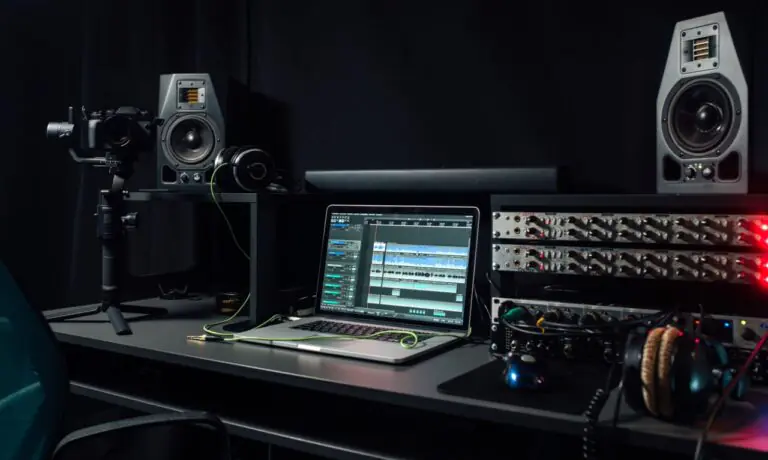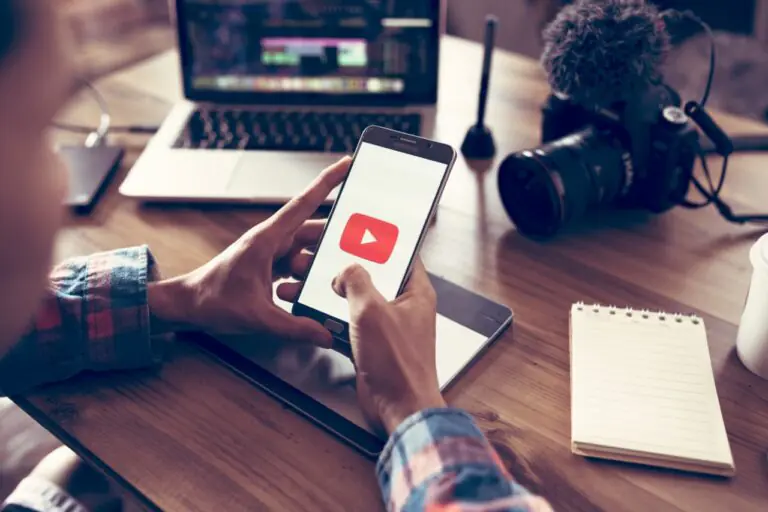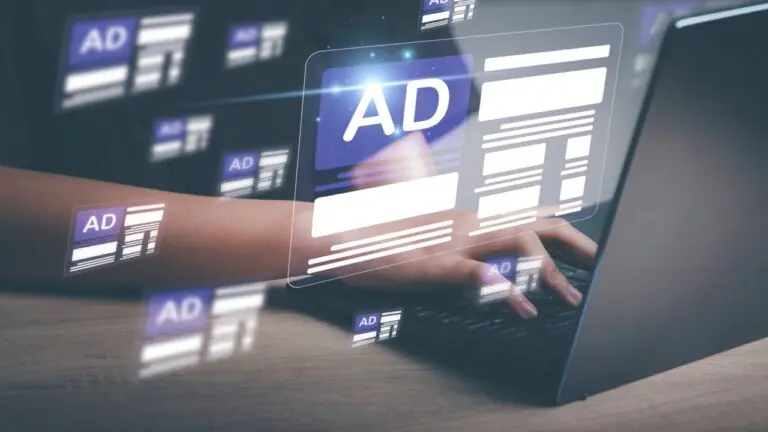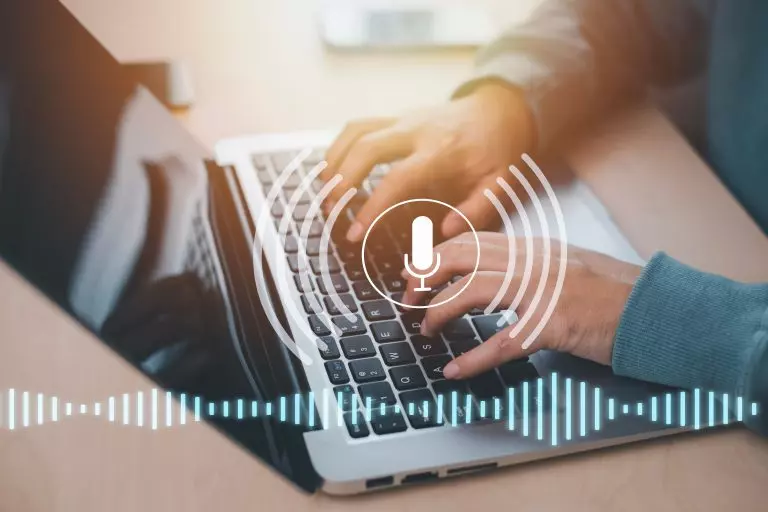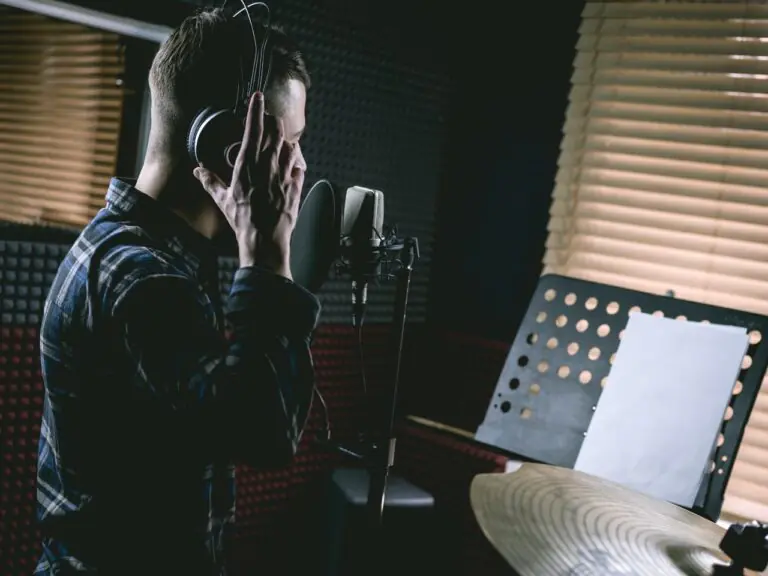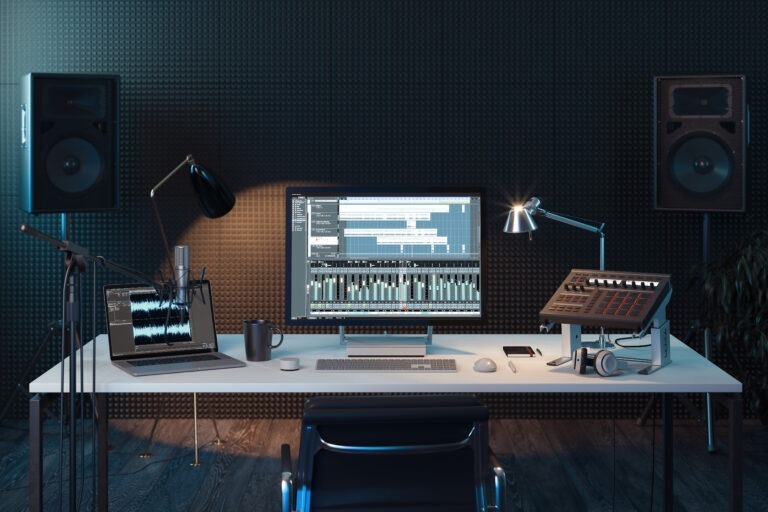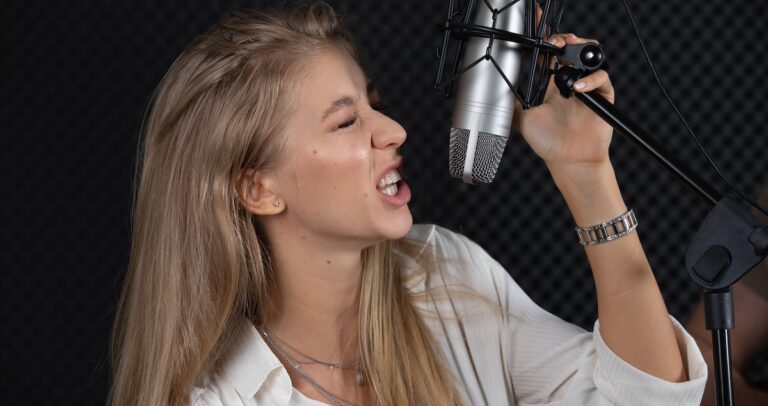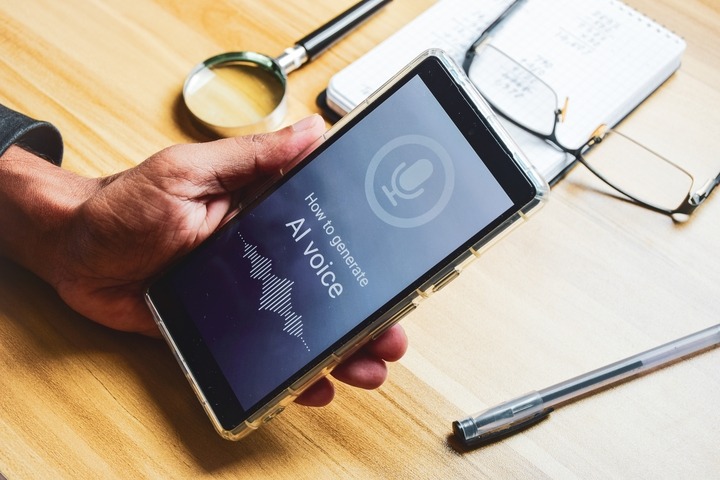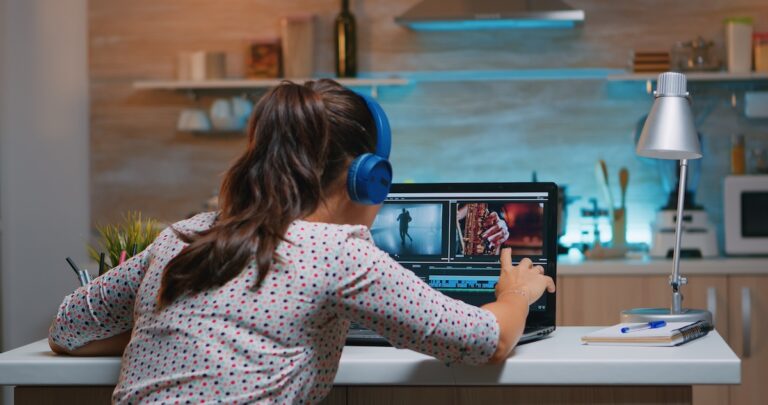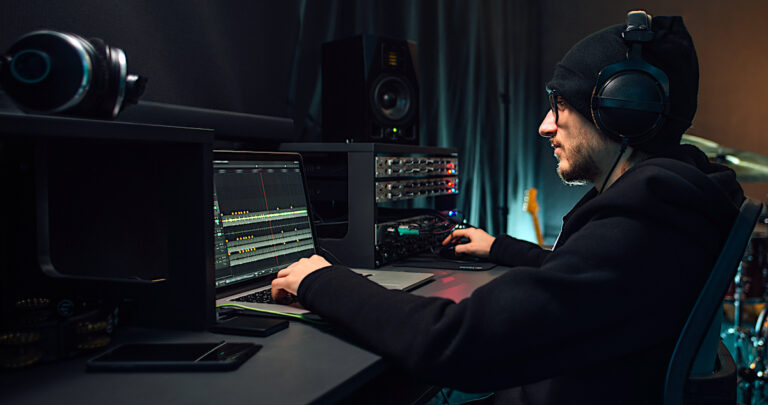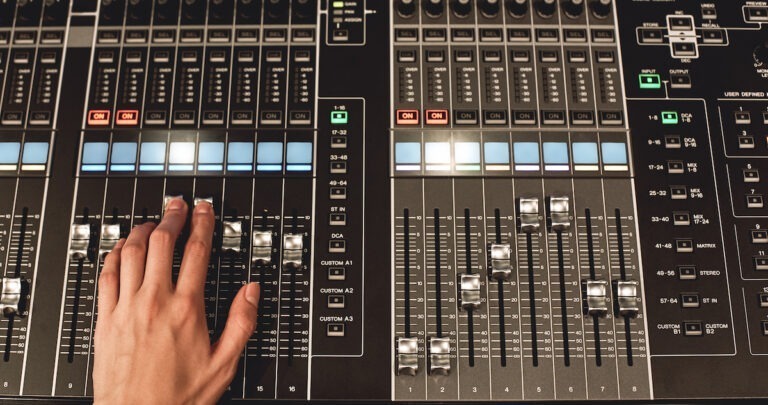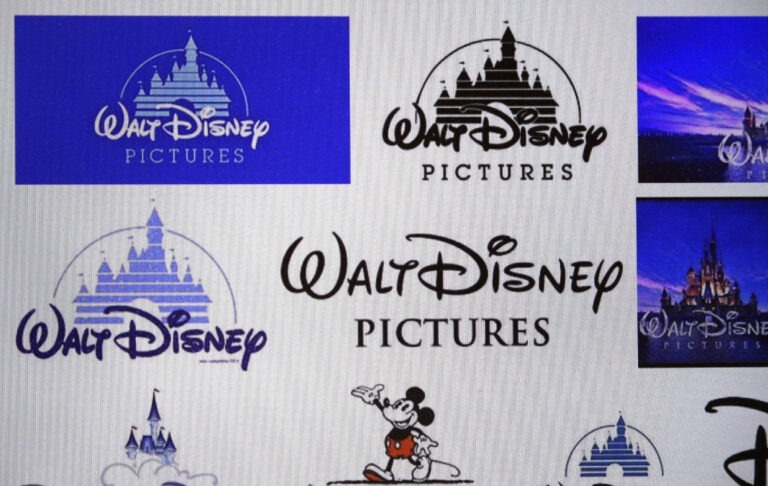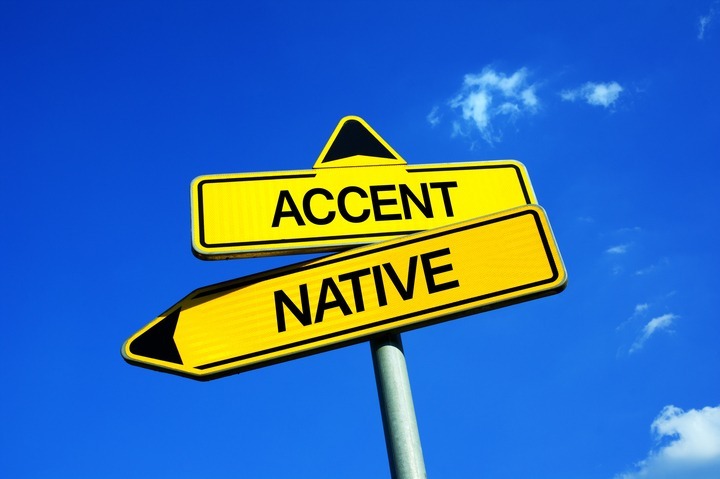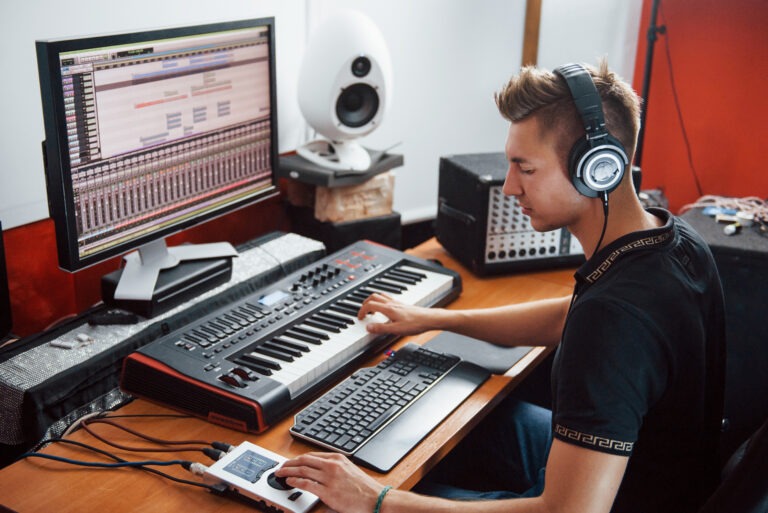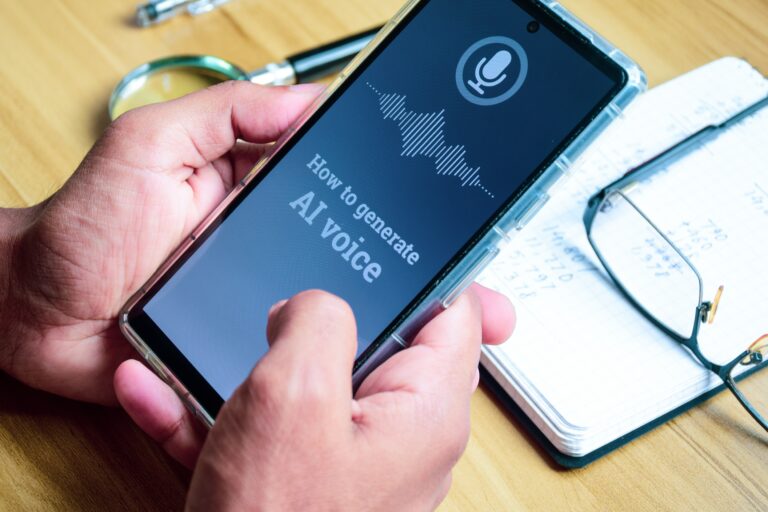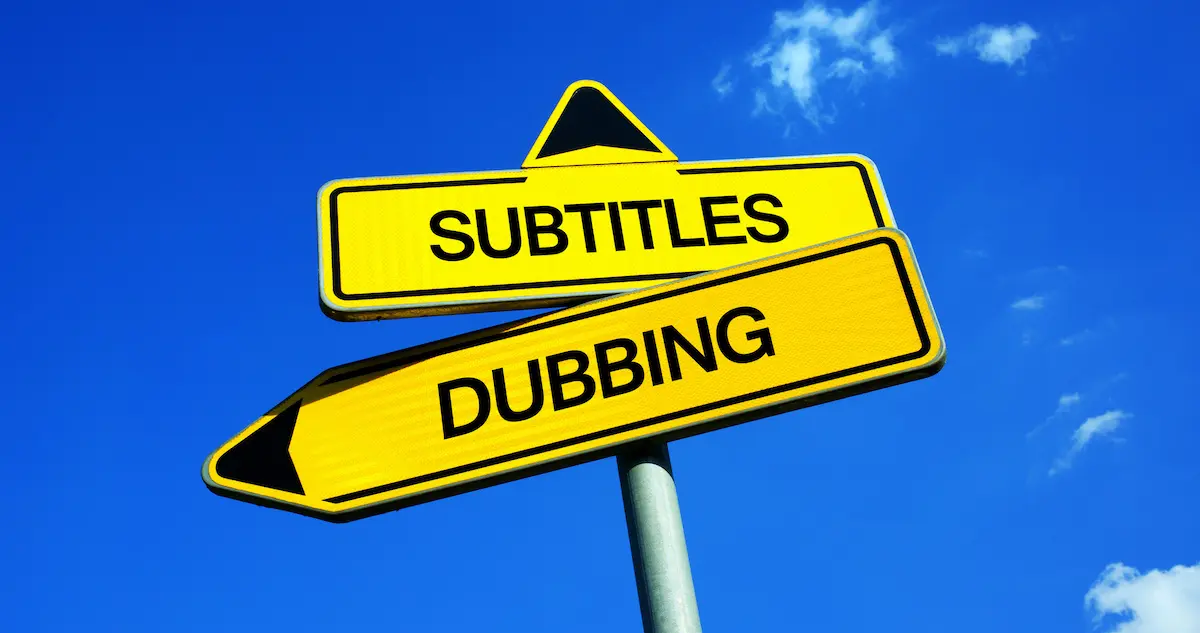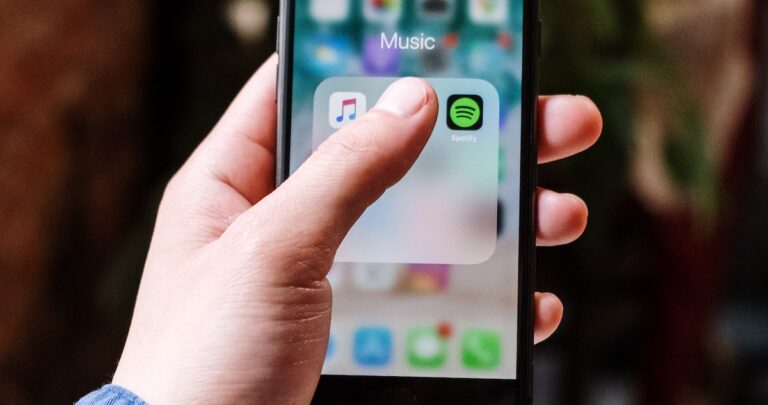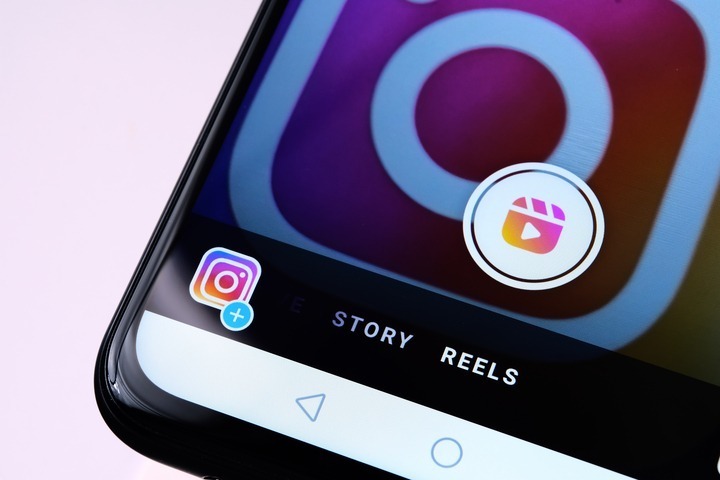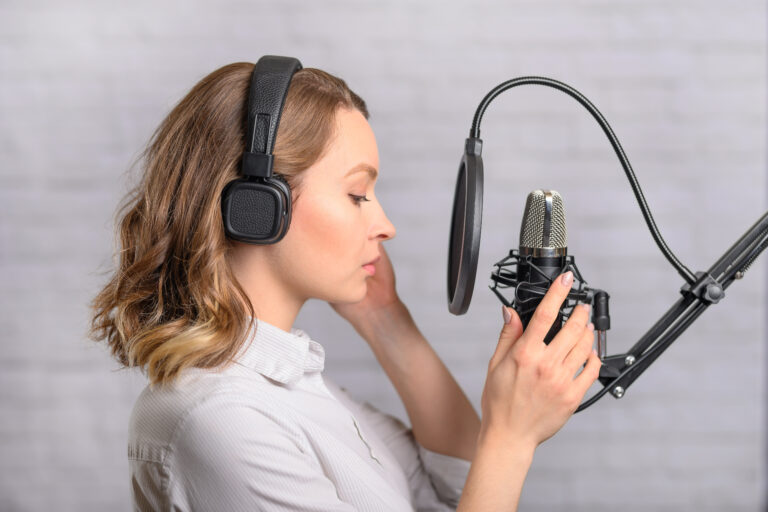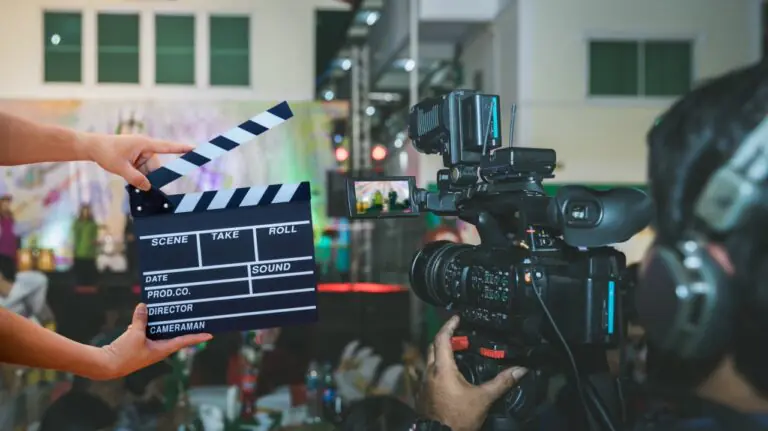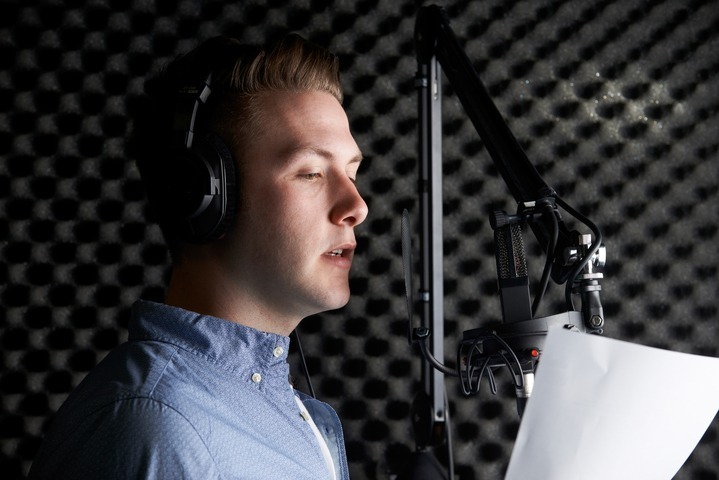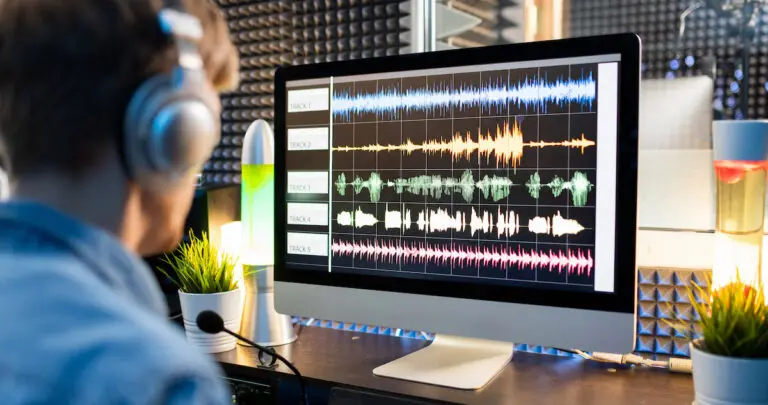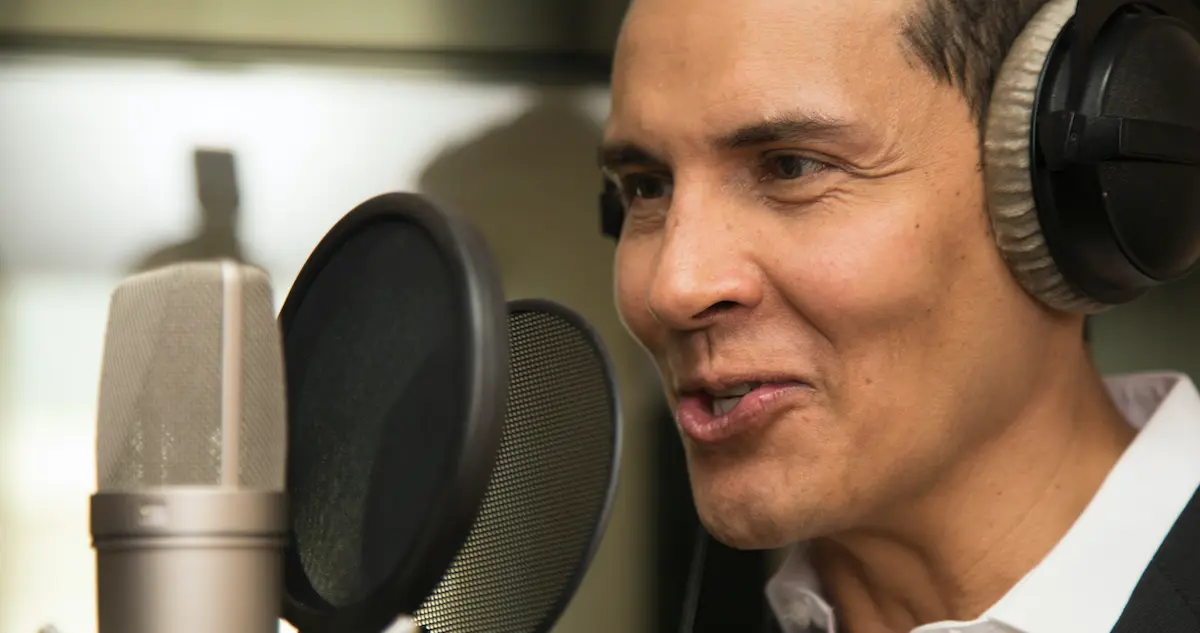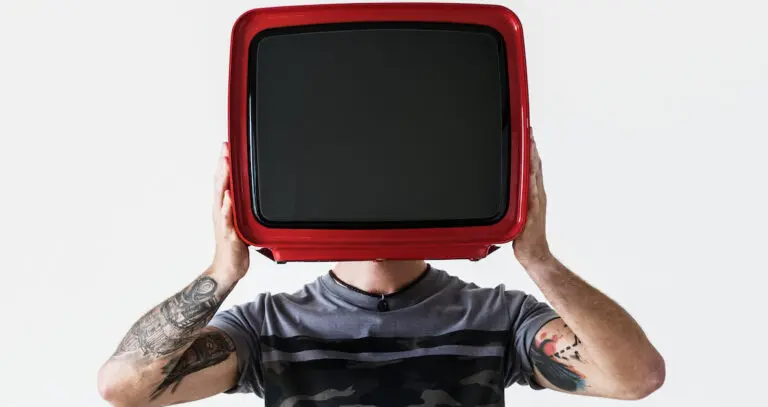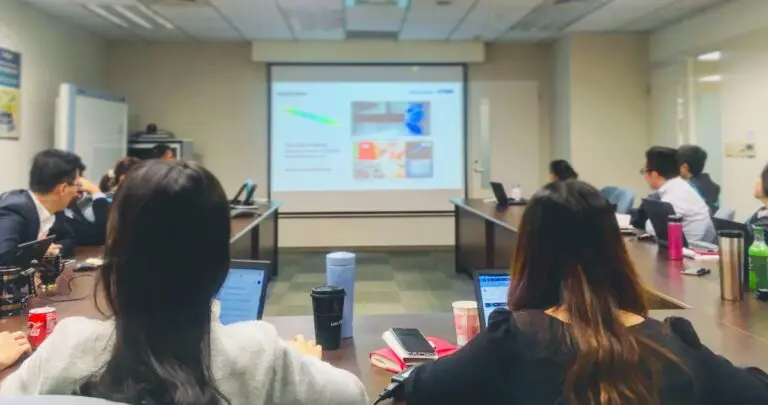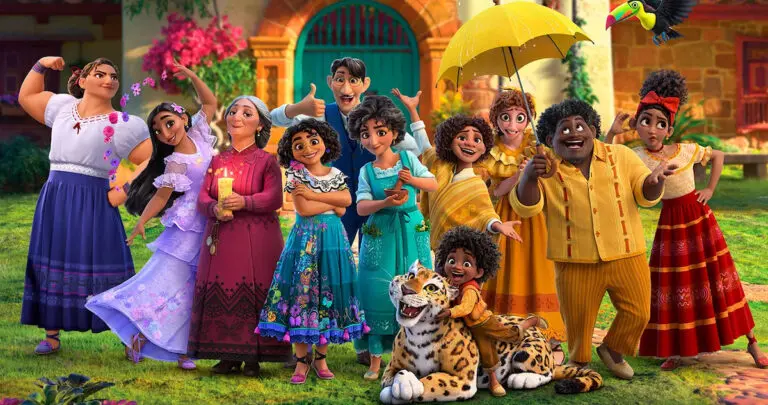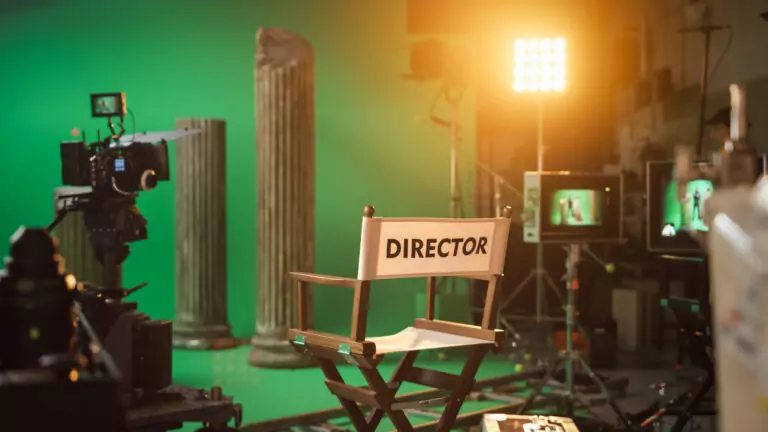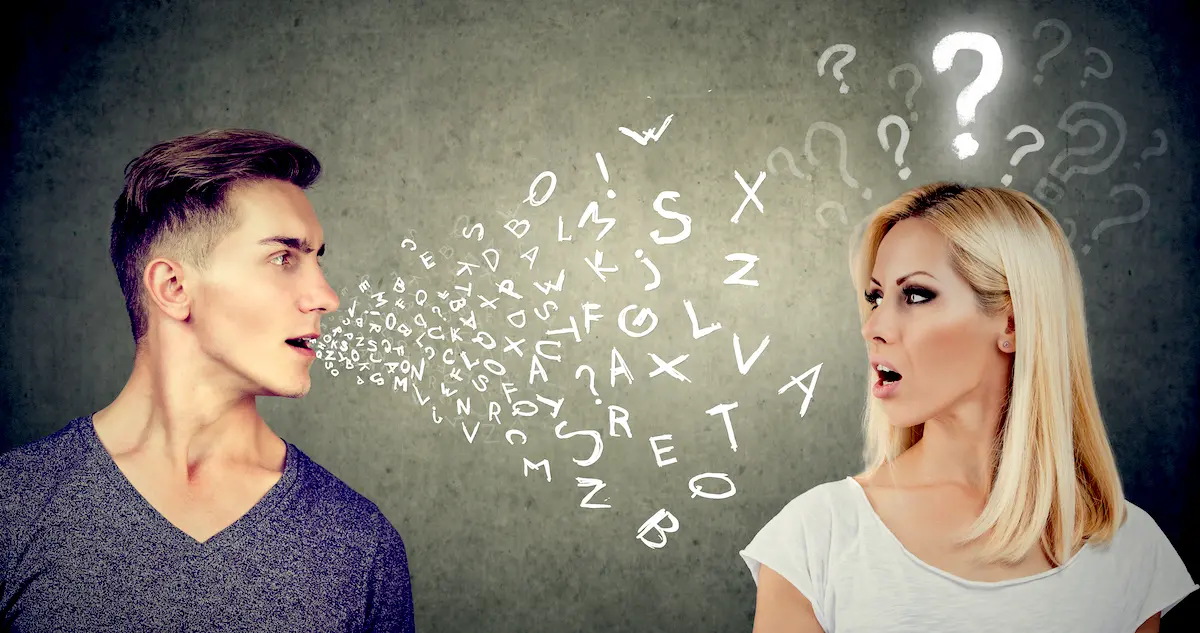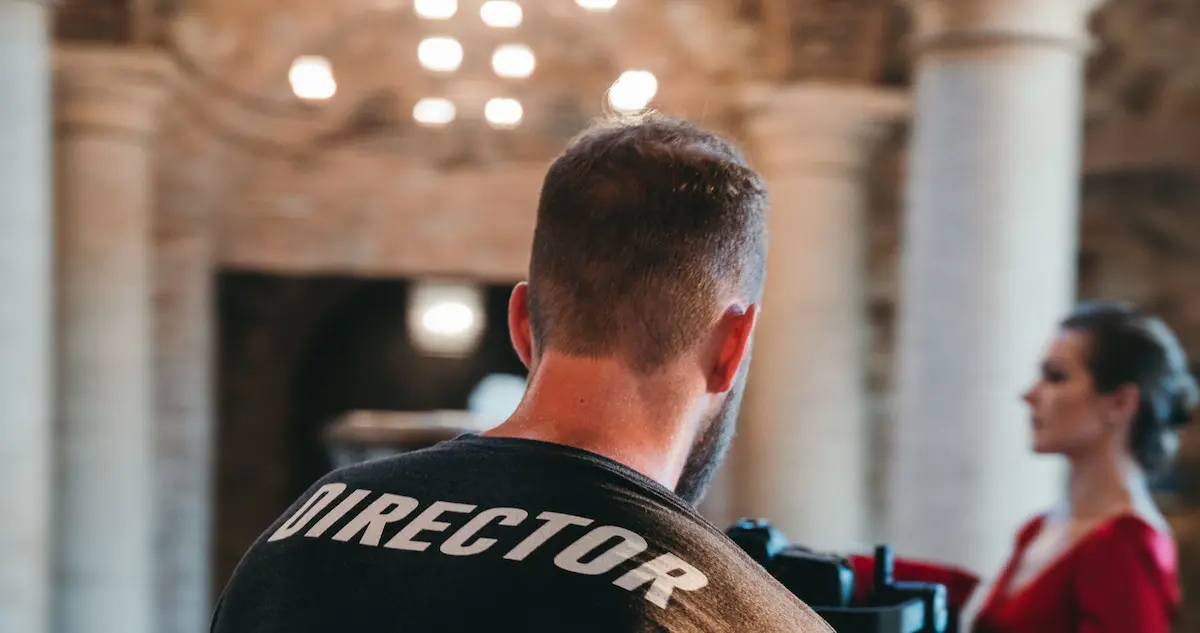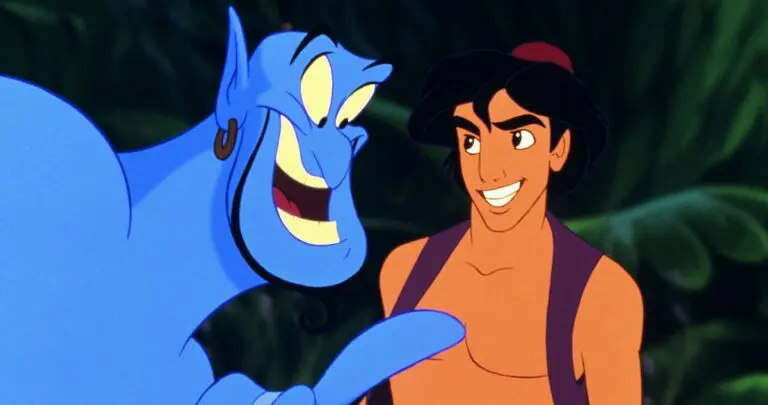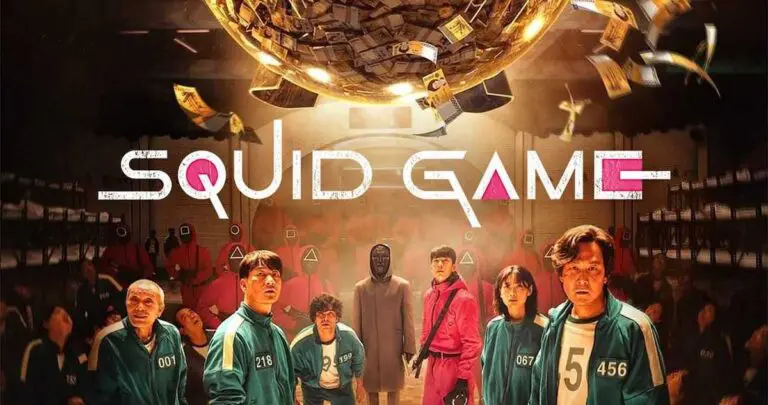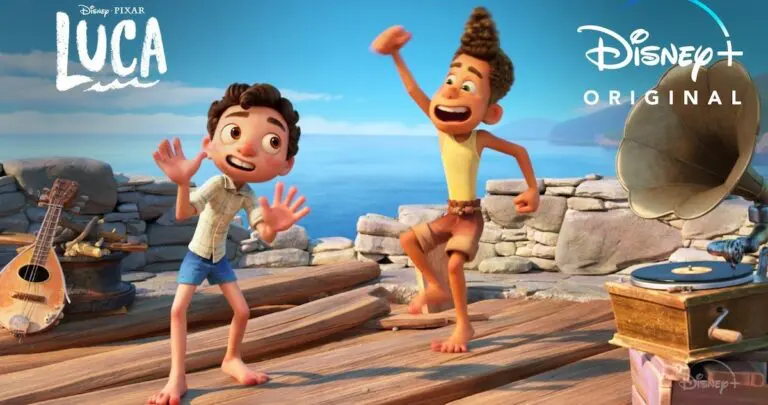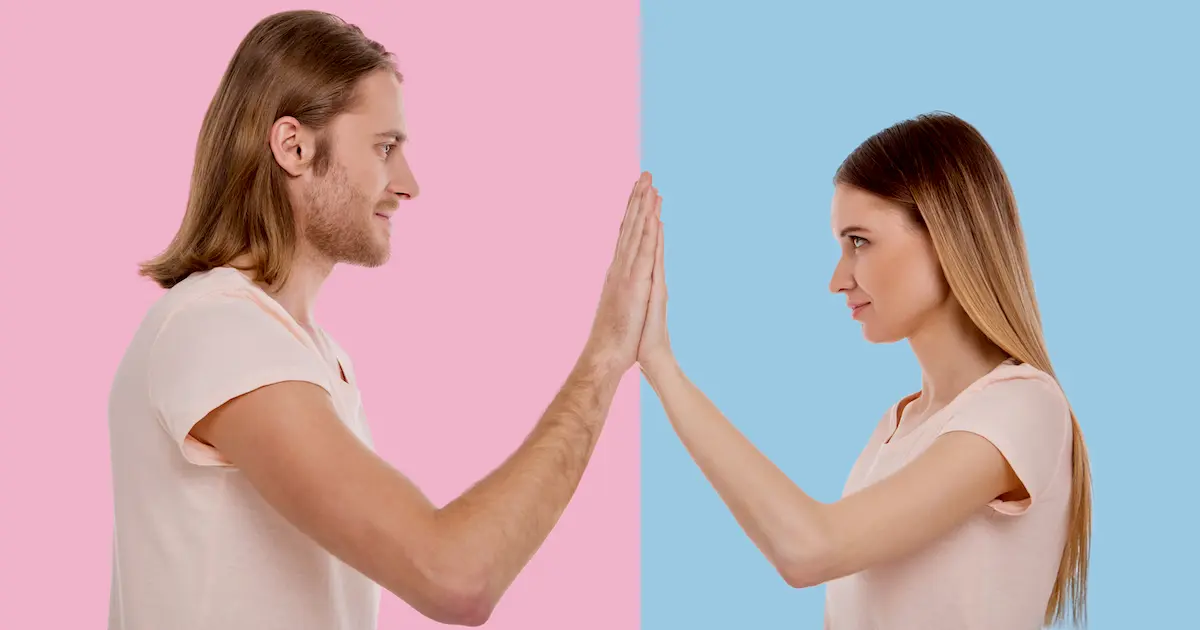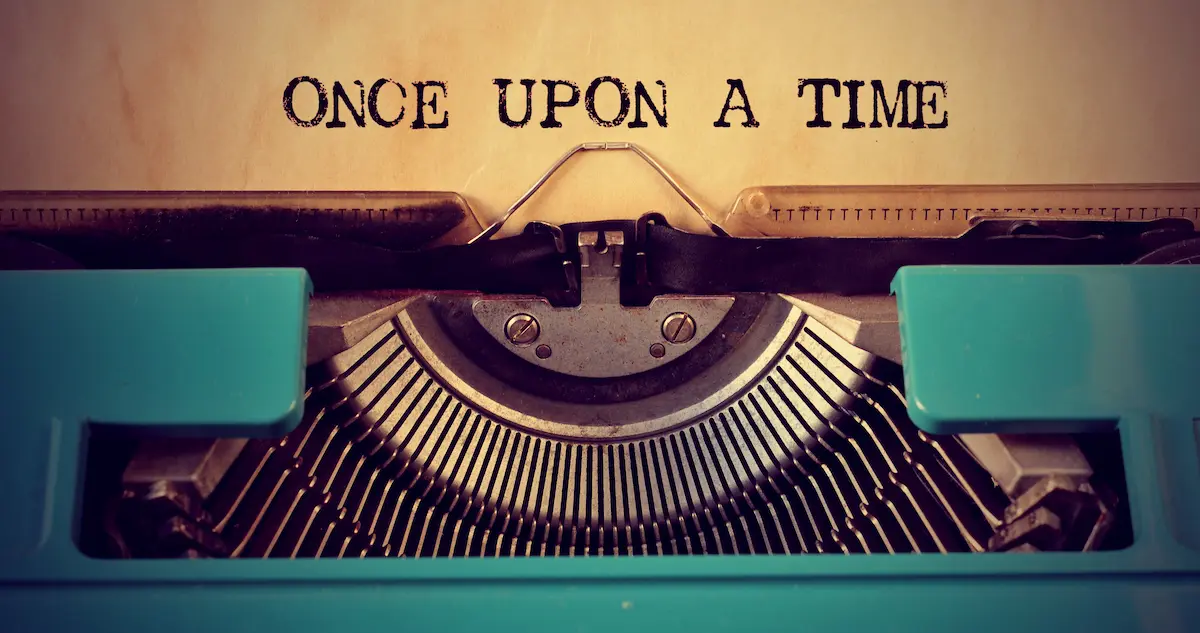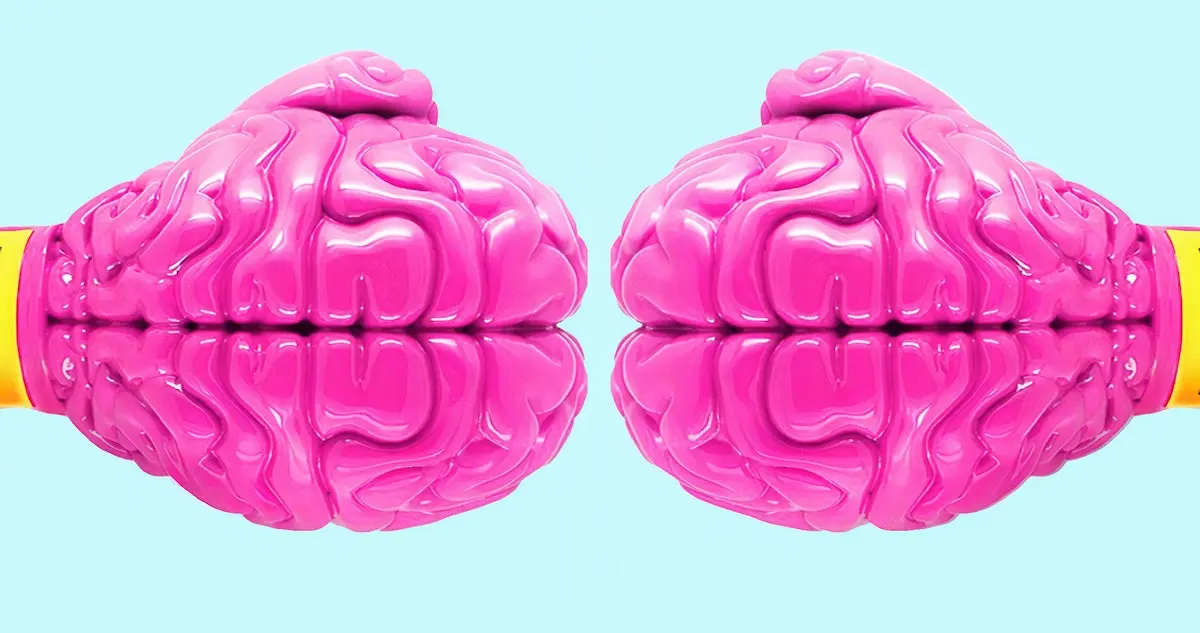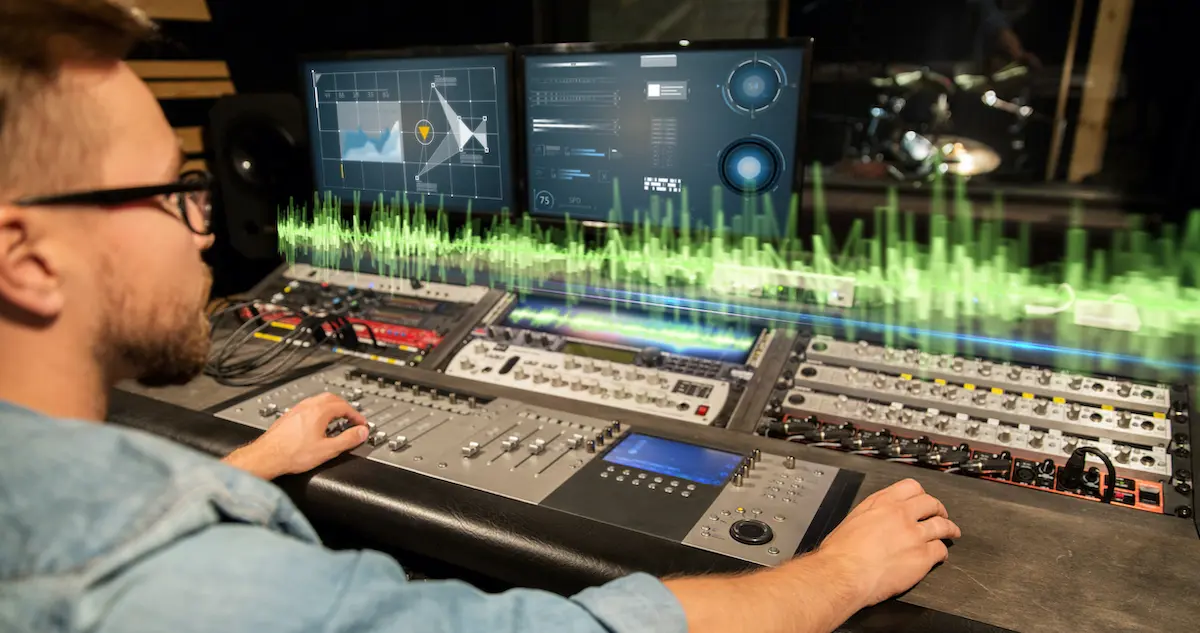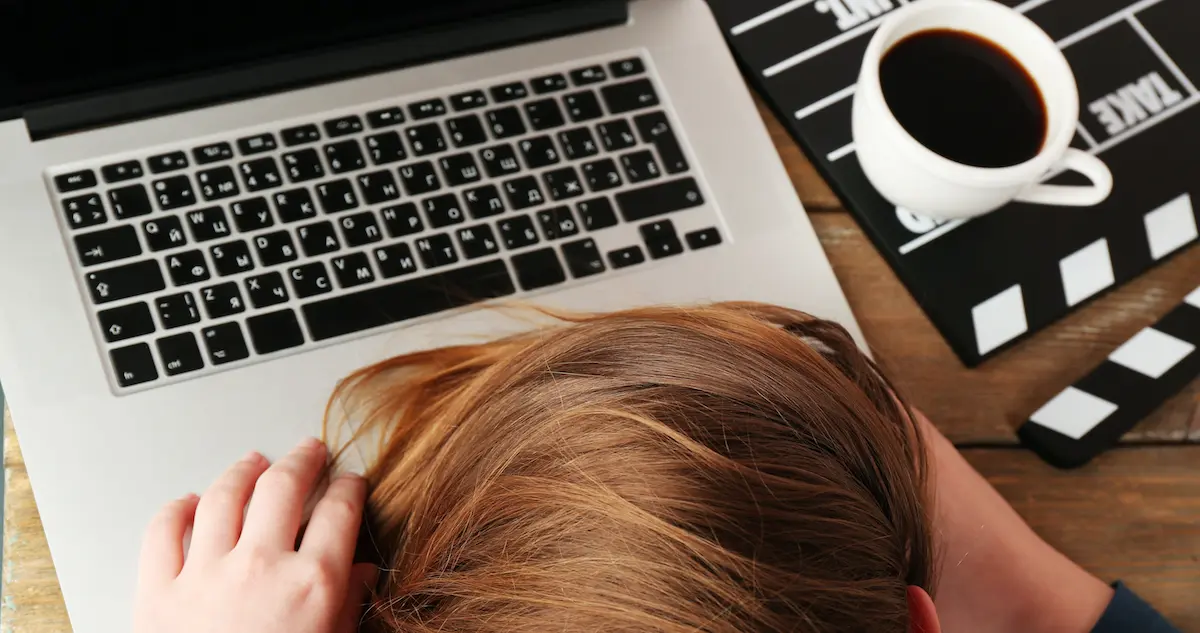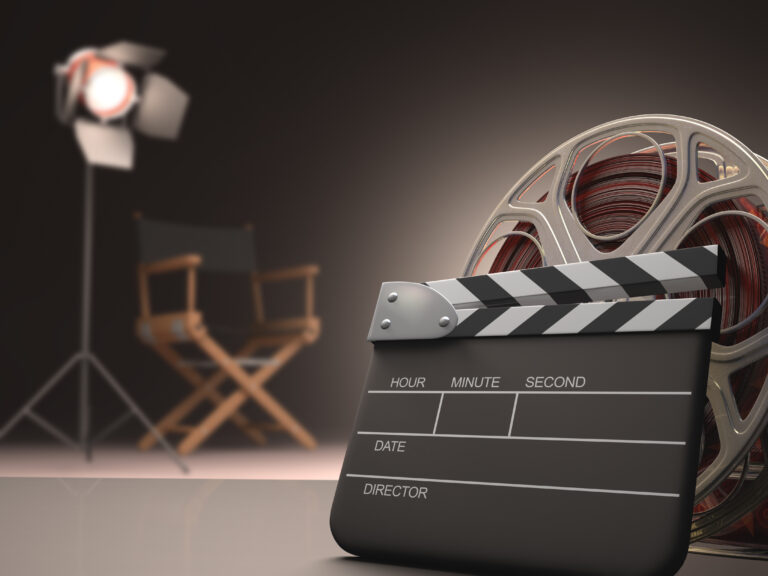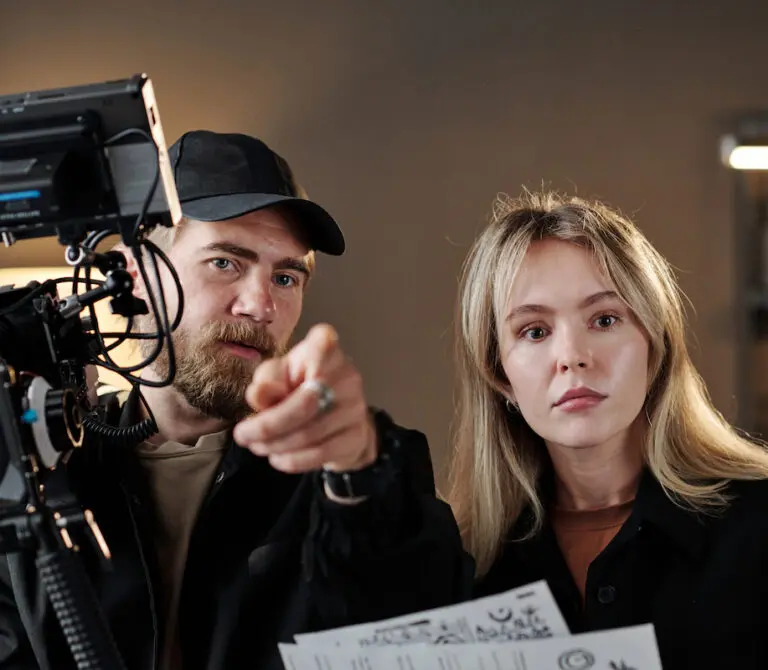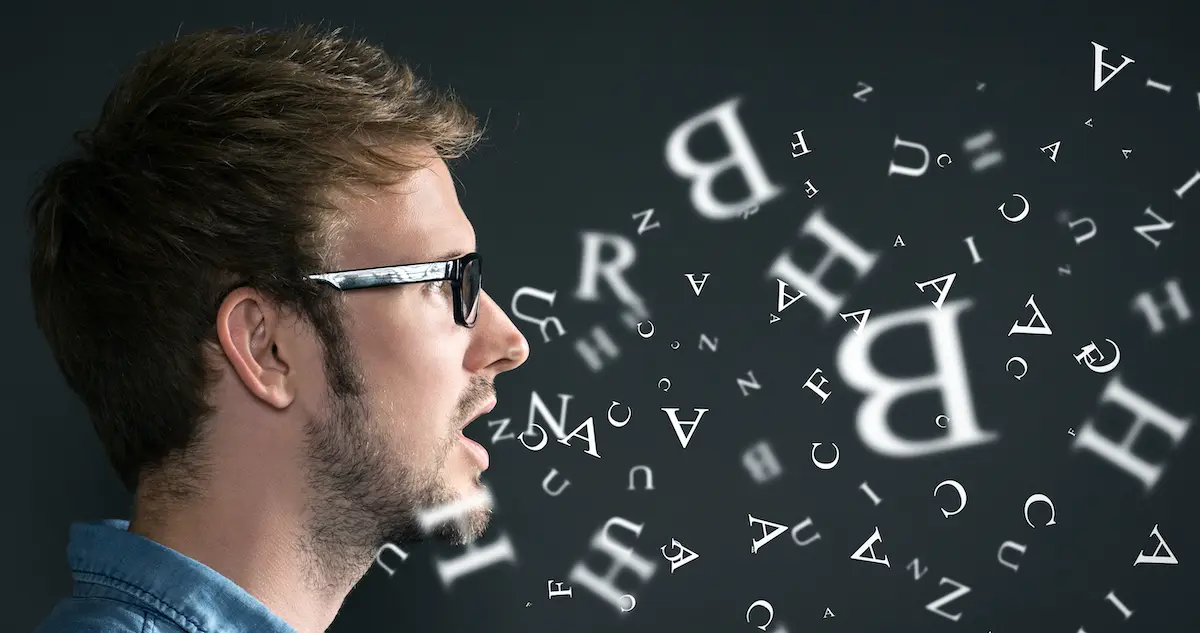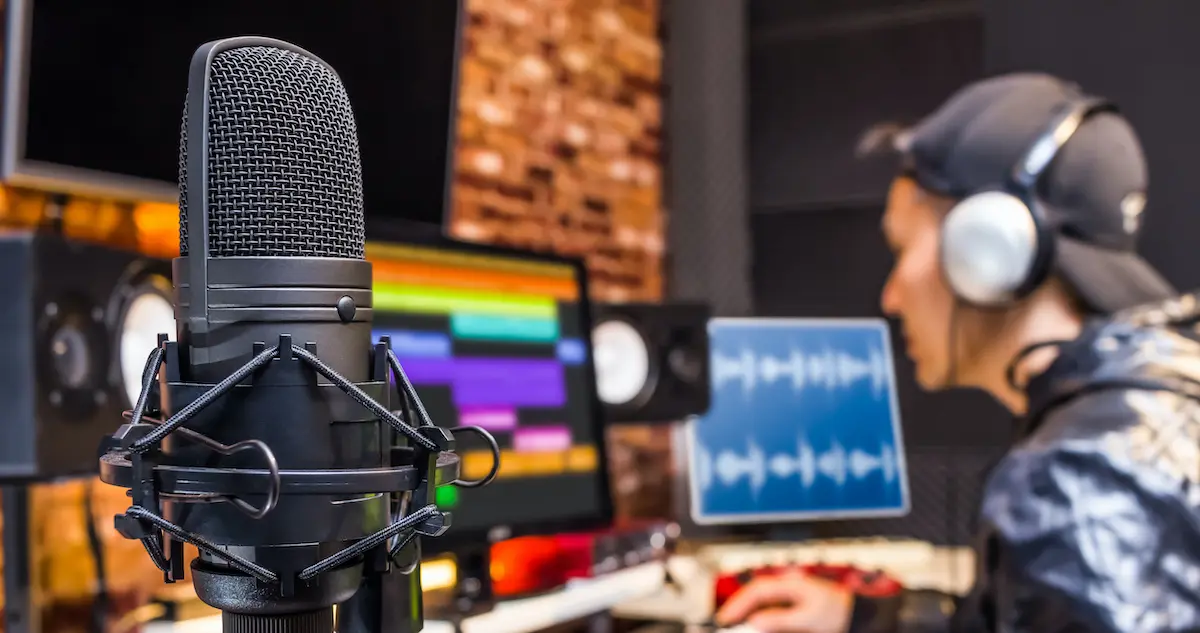Some context
The New York Public Library is probably way too small to contain all the books that have been written on copyright. Consequently, the copyright conundrum is no small thing!
Of course, documentation and the associated case histories exist to protect creators of works that are copyrightable. Nevertheless, someone somewhere is forever trying to infringe them.
Especially following the digital revolution, the arrival of the interwebs, and now high-speed broadband internet, nothing is even remotely sacred or untouchable anymore.
Who owns what?
The abuse of copyrighted material is unlikely to ever stop. And now we’re well into the age of AI and AI voices…
If you’re uncertain about the ins and outs of copyright, trying to navigate it gets you into a tangle quickly.
For obvious reasons, we’ll narrow the focus down here to the voice over industry.
Remember that rights are rights and intellectual property is property. It really is that simple.
To be safe, the long and short of it is that creative content will belong to whoever created it or until its creator has contractually transferred all rights to you so you can prove you’re the copyright owner.
Perhaps the best way to explain intellectual property is to compare it with tangible property.
If you own a car, someone can’t just come along and drive around in it without your permission. The same principle applies to copyrighted material. You’re not allowed to use it, copy it, sell it, publish it on a website, or broadcast it without the owner’s permission.
All rights belong to the holder of the copyright.
From Voice123‘s perspective, it’s critical that you, as a client, understand copyright and all the essential legalities involved. This will give you the opportunity of building lasting relationships with all the creatives who help you build your business over time.
![]()
Value and values
The interwebs and social media platforms are powerful weapons in the hands of disgruntled people. Nowadays, consistently poor reviews can destroy a movie at the box-office in less than a week. By the same token, platforms that treat their subscribers and members badly will be out of business quicker than a wink.
We find that in many instances, new businesses neglect the legal aspects of their operations because there’re so many other issues to worry about.
Our advice is: don’t.
Despite the initial expense, investing in good legal advice will benefit you by saving you time, money, and protecting your reputation.
Running a business is about building relationships, not finding loopholes. While loopholes may bring short-term gains, they’re not good business practice.
Particularly in a business associated with the voice over industry, nothing beats solid, long-term relationships with vendors. Remember voice actors get paid to talk! The best thing you can do for your business is to have them say nice things about it.
Integrity and transparency rule. Seriously.
So what are intellectual property rights exactly?
Entrepreneur.com claims intellectual property is:
The ownership of ideas. Unlike tangible assets to your business such as computers or your office, intellectual property is a collection of ideas and concepts.
Businessdictionary.com, provides a bit more detail:
Documented or undocumented knowledge, creative ideas, or expressions of the human mind that have commercial (monetary) value and are protectable under copyright, patent, service mark, trademark, or trade secret laws from imitation, infringement, and dilution. Intellectual property includes brand names, discoveries, formulas, inventions, know-how, registered designs, software, and works of artistic, literary, or musical nature. It is one of the most readily-traded properties in the digital marketplace.
Interestingly, the ‘digital marketplace’ is the very reason why copyright infringement is such an emotive topic. Piracy is rampant because the ‘Net has made it so easy to share and download someone else’s work without paying for it. More on that later.
Voice actors
Most voice actors today know what’s involved in the transfer of rights in their voice-recording to you as the client. An upfront discussion about fees and costs is one of the surest ways of avoiding potential issues in the future.
![]()
What’s imperative is that you clarify exactly what the recording is for and where you’re using it.
The Global Voice Acting Academy has published a rate guide that’s regularly updated. Gravy for the Brain does too. Actors see these as something of a gold standard, although the rates aren’t frequently adhered to. At the very least, it’s a starting point for negotiation. It also details and specifies all the different types of usage.
While some voice-casting platforms make the copyright conundrum a non-issue by transferring all rights to the client as part of the agreement with the voice actors on their roster, Voice123 hasn’t. We’re a platform. We’re facilitators. Voice actors and clients do the negotiations.
Why is copyright becoming more complicated?
Online video-sharing platforms such as YouTube and torrenting sites like the now defunct Pirate Bay and torrenting.com are frequently under siege by copyright owners for violating intellectual property rights.
Many composers and songwriters are complaining that music has become practically worthless because consumers won’t pay for their output. Why pay when you can so easily download them for free?
Apple’s iTunes and music streaming services like Spotify changed the way human beings interact with music. Both platforms are above board when compared to countless others, however.
YouTube
Most of the pro voice actors we’ve spoken with are extremely sensitive about having their work on YouTube.
A commercial copyright lawyer we contacted as a result had this to say: “More often than not, publication on YouTube turns into an ‘in perpetuity buyout’ which is the worst possible situation for a creative to be in. It basically means they get paid a once-off fee and never again no matter how long the video is available to watch on the platform.
“Uploaders rarely pull a video once it’s there even if they promise it’s only for three, six, or twelve months, so it just stays there forever. There are companies that police online platforms but their services are often too costly — especially for non-unionists, long-term.
“Many agency producers and executive producers are now finding themselves fighting a similar battle with their clients. YouTube and Instagram can be a nightmare. I get the ‘who-owns-what-and-for-how-long’ questions all the time. And there’s no easy answer.”
The Internet
The Internet has certainly knocked copyright into a constant state of flux. There’s been an explosion in content and content creation. Copyright trolls are keeping vigilant eyes on everything and instituting legal proceedings at the drop of a hat. Legal practitioners around the globe — as well as governments, for that matter — are trying to formulate and reformulate legislation with each new challenge to the status quo.
While those involved purport to be motivated by fairness to all parties, heated debates continue to rage in both the European Union and the United States. Currently, what the outcome will be is anyone’s guess and content censorship as well as the freedom of the internet are the subjects of animated conversations at many a dinner table.
Celebrity soundalikes
Interestingly, the copyright lawyer also told us that he’s had an unexpected number of cases brought to him involving celebrity soundalikes.
“Please note that making use of celebrity-voice soundalikes to read your script can plunge you into the middle of a perfect storm — especially if the imitator is making it sound as though that celebrity is endorsing a product or service.
“An obvious parody or send-up will probably be fine, but an impersonation that misleads the listener into believing he’s hearing the actual celebrity’s voice will allow such a celebrity to take legal action due to what is termed an appropriation of personality. Even if you can argue that your intent was not to mislead, be very, very cautious!”
(If you have any concerns about intellectual property rights, contracts, and intellectual property rights violations, contact someone in the legal profession who specializes in copyright. Prevention is always better than cure!)
To do or not to do the right thing
“Truth is,” the copyright lawyer shrugged in closing, “there are countless numbers of people across the world who commit copyright violations every day. It doesn’t matter how well-argued the point or the purpose of the theft is, it’s still theft. You’re denying the creator or owner of the work his rightful income.
“I deal with a lot of transgressors. Some of them are out of business today. Their willingness to commit a transgression and keep things that way unless they get caught, is despicable in my opinion.
“My advice to anyone asking about copyright is: do the right thing. Pay the copyright holder fair and square. That way you’ll spare yourself a heap of hassle and sometimes substantial damage to your business’s reputation.”


